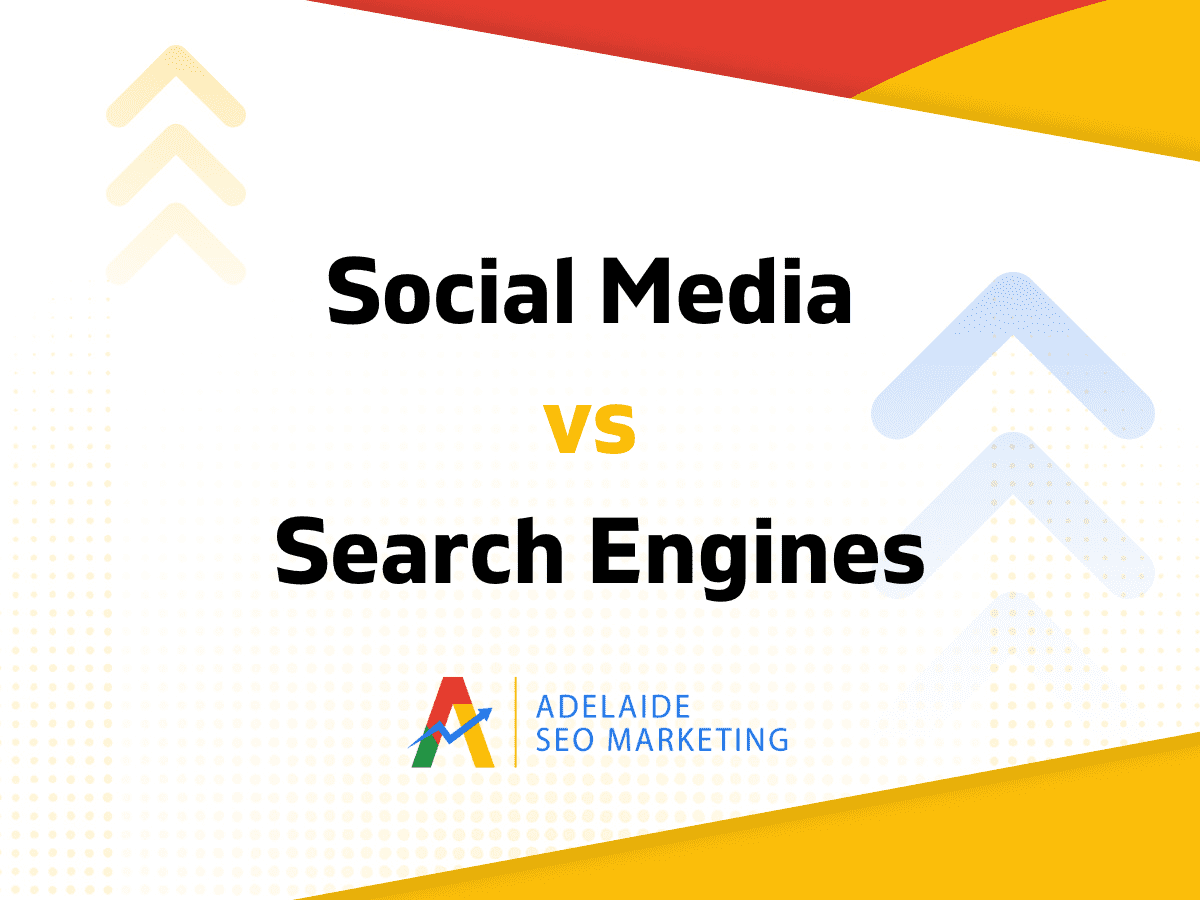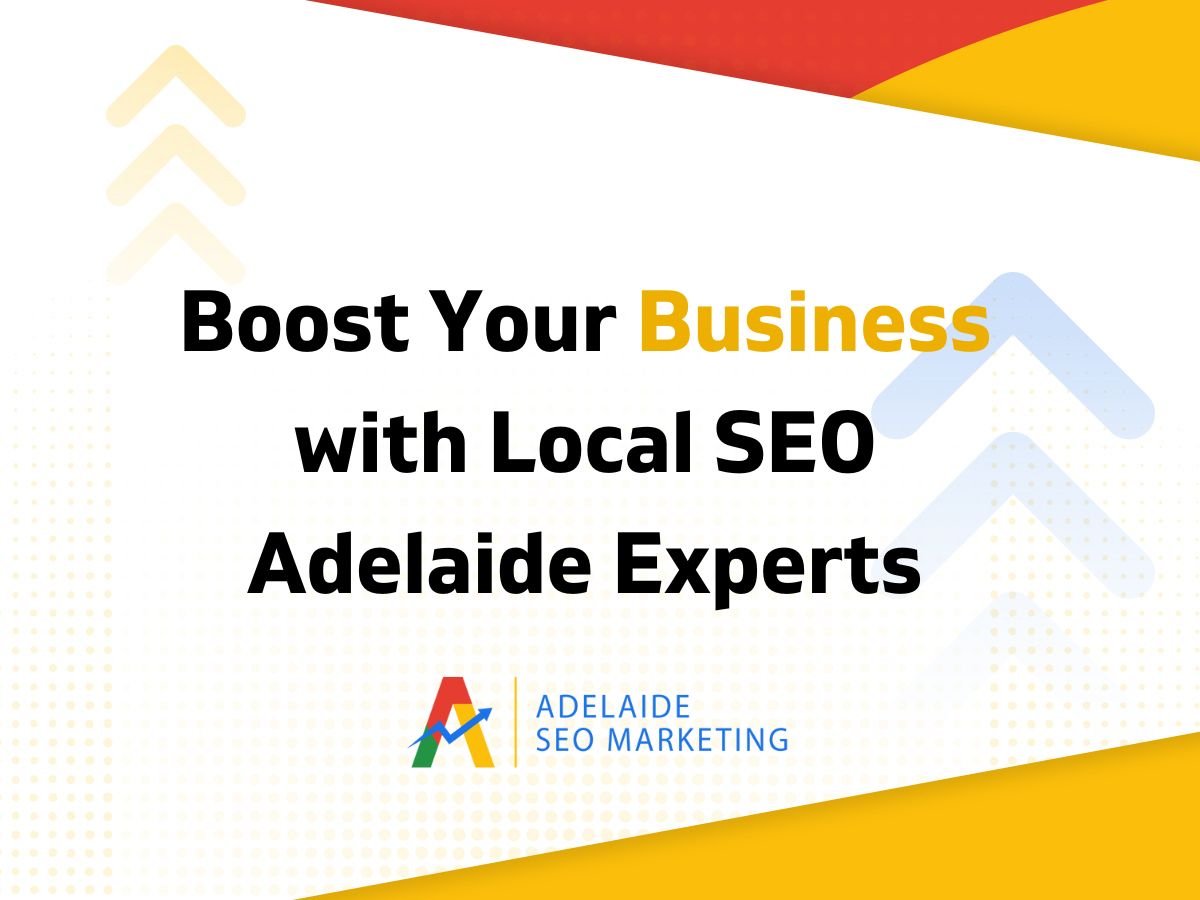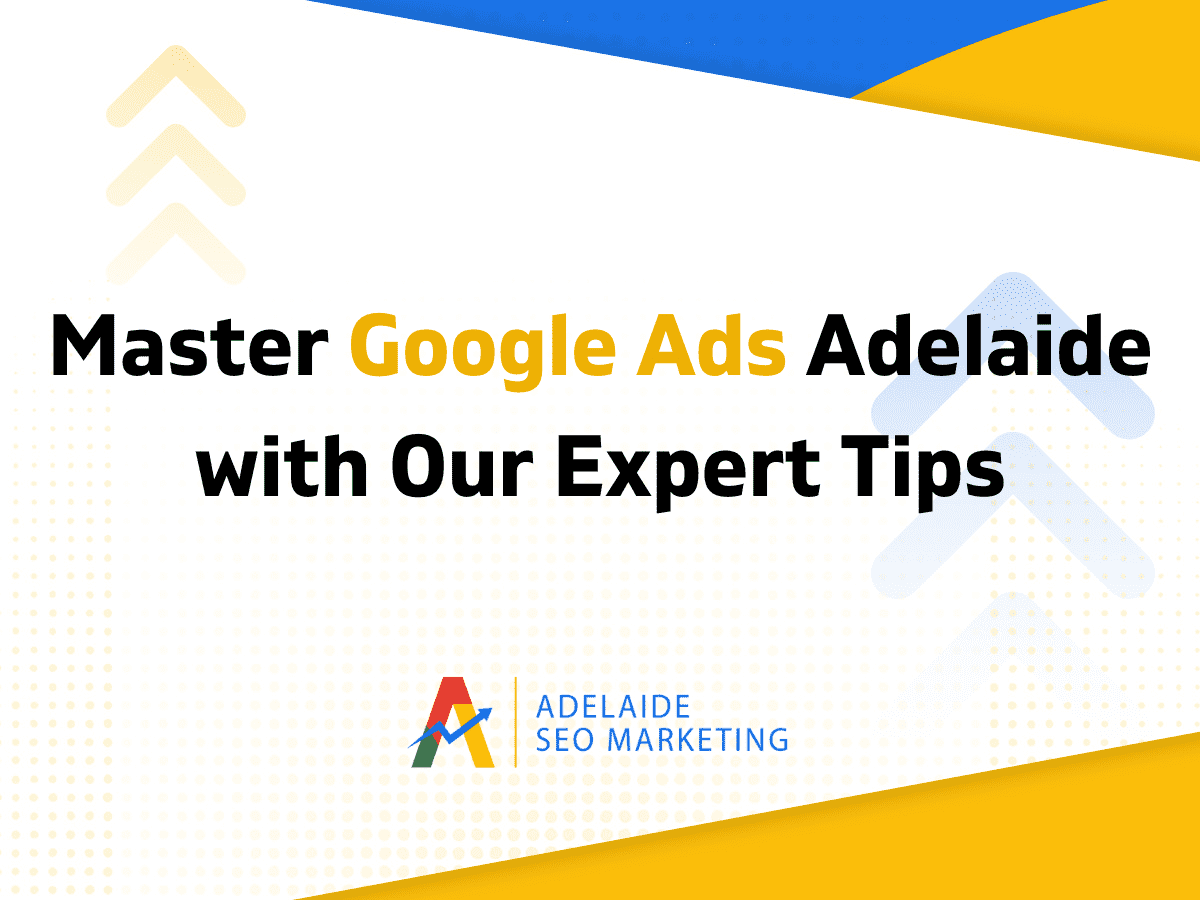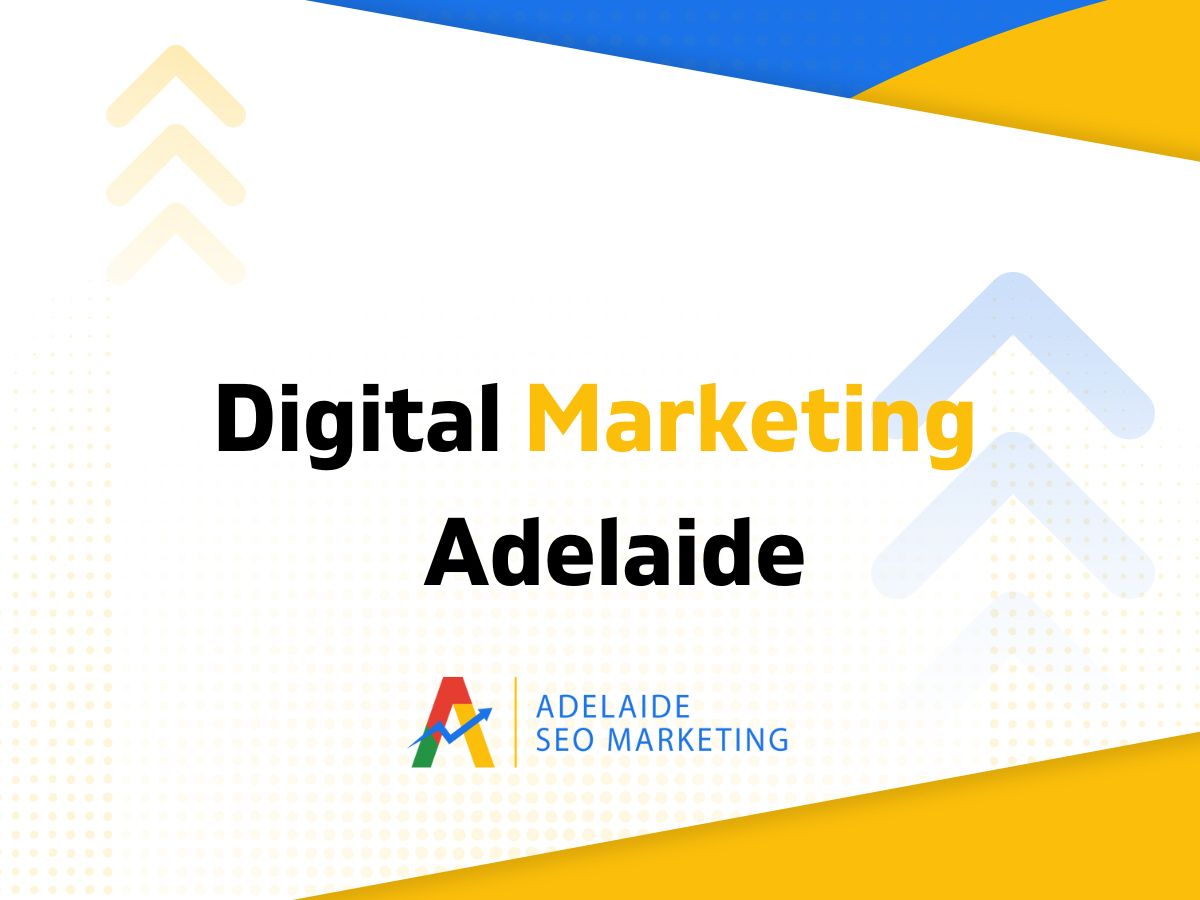In the ever-evolving digital landscape, businesses face a crucial decision: should they focus their marketing efforts on social media or search engines? Both platforms offer unique advantages and cater to different aspects of online presence. Understanding the strengths and limitations of each can help businesses craft a balanced strategy that leverages the best of both worlds. In this blog, we’ll explore the key differences between social media and search engines, and provide insights on how to balance your digital marketing strategy effectively.
The Power of Social Media
-
Engagement and Community Building
Social media platforms like Facebook, Instagram, and Twitter are designed to foster engagement and build communities. They provide an interactive space where brands can connect with their audience on a personal level, share content, and receive immediate feedback. This engagement is crucial for brand loyalty and customer retention.
Benefits:
- Direct interaction with customers
- Immediate feedback and customer insights
- Enhanced brand loyalty and community building
-
Content Virality and Shareability
Content on social media can go viral, reaching millions of users in a short time. This virality is often driven by the platform’s algorithms, which promote engaging and shareable content. Brands can leverage this to boost their visibility and reach new audiences organically.
Benefits:
- Potential for viral reach
- Increased brand visibility
- Organic audience growth
-
Targeted Advertising
Social media platforms offer advanced targeting options based on user demographics, interests, and behaviours. This allows brands to deliver highly personalised ads to specific audience segments, increasing the chances of conversion.
Benefits:
- Precise audience targeting
- Higher conversion rates
- Cost-effective advertising options
The Strength of Search Engines
-
Intent-Based Search
Search engines like Google and Bing are driven by user intent. When users search for information, products, or services, they are often ready to take action. This intent-based nature makes search engines a powerful tool for capturing high-quality leads and driving conversions.
Benefits:
- High-quality leads
- Intent-driven traffic
- Higher conversion potential
-
SEO and Organic Traffic
Search Engine Optimisation (SEO) helps businesses improve their visibility in organic search results. By optimising their websites for relevant keywords, brands can attract consistent, long-term traffic without the need for continuous ad spend.
Benefits:
- Sustainable organic traffic
- Long-term visibility
- Cost-effective in the long run
-
Comprehensive Analytics
Search engines provide detailed analytics on user behaviour, search patterns, and website performance. This data is invaluable for refining marketing strategies, understanding audience preferences, and improving overall website effectiveness.
Benefits:
- In-depth analytics
- Data-driven decision making
- Improved marketing strategies
Balancing Your Strategy: Best Practices
-
Integrate Social Media and SEO
Combine the strengths of social media and search engines by integrating your strategies. Use social media to drive traffic to your website, and optimise your site for SEO to capture search traffic. Cross-promote content to maximise reach and engagement.
Action Steps:
- Share blog posts and website content on social media
- Optimise social media profiles with relevant keywords
- Use social media insights to inform SEO strategies
-
Leverage Paid Advertising on Both Platforms
Utilise paid advertising options on both social media and search engines to reach a wider audience. Tailor your ad campaigns to the strengths of each platform – use social media ads for engagement and awareness, and search engine ads for capturing intent-driven traffic.
Action Steps:
- Create targeted ad campaigns on social media
- Use Google Ads for keyword-driven campaigns
- Monitor and adjust ad performance regularly
-
Monitor and Adapt Your Strategy
Regularly analyse the performance of your social media and search engine efforts. Use analytics tools to track key metrics and adjust your strategy based on what’s working best. A flexible approach allows you to capitalise on new opportunities and stay ahead of the competition.
Action Steps:
- Use tools like Google Analytics and social media insights
- Track metrics such as traffic, engagement, and conversions
- Continuously refine your strategy based on data
Conclusion: Do You Need to Choose?
The short answer is no. You don’t need to choose between social media and search engines – instead, you should integrate both into a cohesive digital marketing strategy. By leveraging the engagement and community-building strengths of social media with the intent-driven power of search engines, you can create a balanced approach that maximises your reach, engagement, and conversions.
At Adelaide SEO Marketing, we specialise in creating comprehensive digital marketing strategies that harness the power of both social media and search engines. Our team of experts can help you develop and implement a tailored strategy that drives results and achieves your business goals. Contact us today to learn how we can help you navigate the digital landscape and achieve success.

SEO That Converts: More Clicks, More Customers.
Your journey to online success begins here, with Adelaide SEO Marketing. We’re not just a service; we’re your partners in growth.







